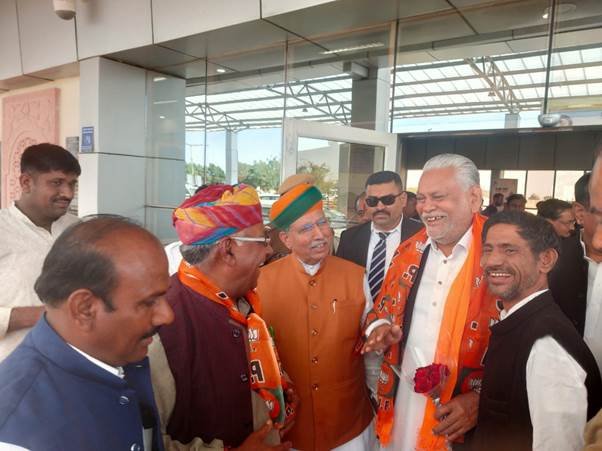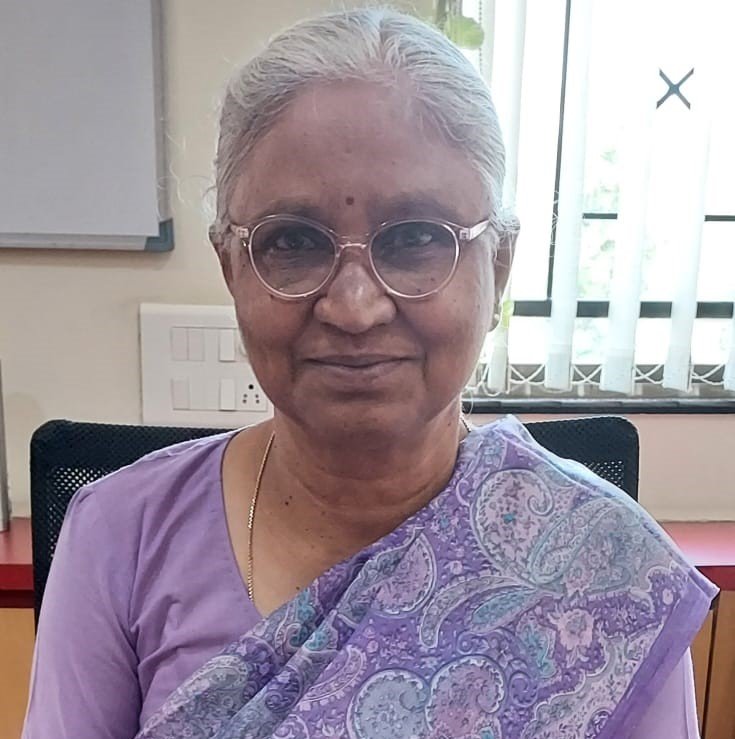The plant-based meat market is projected to range from $283 million to $880 million (Rs 2194 crore to Rs 6824 crore). Although the Indian plant-based meat market is currently in its nascent stage, it has already established its position in the market. The market is still small at around Rs 300 crore, but it has the potential to grow 8-10 times and reach Rs 3,500 crore by 2026. Let’s take a closer look at the buoyant plant-based meat space.
The plant-based food sector presents an incredible opportunity to India for the long term by effectively and efficiently utilising natural resources and adding value through processing. It can cater towards the populations living and working in cities as well as those in rural settings, who increasingly have access to cold chains and supermarkets. It can leverage the unique strengths and qualities of its indigenous crops.
The export market for India’s plant-based sector is projected to be significant by 2030, with the plant-based meat market expected to be larger than that of milk, as per a report by the Agricultural and Processed Food Export Development Authority (APEDA). The plant-based meat market is projected to range from $283 million to $880 million (Rs 2194 crore to Rs 6824 crore). Although the Indian plant-based meat market is currently in its nascent stage, it has already established its position in the market. The market is still small at around Rs 300 crore, but it has the potential to grow 8-10 times and reach Rs 3,500 crore by 2026. Let’s take a closer look at the buoyant plant-based meat space.
In September 2022, Agricultural and Processed Food Products Export Authority (APEDA) facilitated the export of first consignment of plant-based meat products under vegan food category from Nadiad in Kheda district in Gujarat to California, the United States of America (USA) in a move to boost exports of unique agricultural processed food products. The first shipment has vegan food products like momos, mini samosas, patties, nuggets, spring rolls, burgers, etc. The shipments were exported by Greennest and Wholesome Foods.
Stressing on exploring new foreign destinations, APEDA Chairman, Dr M Angamuthu said that APEDA is working towards promotion of plant-based meat products in a big way without disturbing the conventional animal-based meat export market. The APEDA has planned to promote a variety of vegan foods products, including pancake, snacks, cheese, etc, to the countries of Australia, Israel, New Zealand and others in coming months.
With the growing popularity of vegan food products in developed countries, the plant-based food products have a huge export potential in the international market due to the high nutrient value of the vegan food products. Due to its rich fiber and lesser cholesterol contents, vegan food products are becoming alternative food products across the globe.
APEDA has taken number of export promotion activities and initiatives, by way of development of virtual portals for organising Virtual Trade Fairs, Farmer Connect Portal, e-office, HortiNet Traceability system, Buyer Seller Meets, Reverse Buyer Seller Meets, product specific campaigns etc. APEDA has been closely working with the state governments for creating infrastructure and promotion of export from the state. APEDA assists in upgradation and strengthening of recognised laboratories for export testing and residue monitoring plans. APEDA also provides assistance under the financial assistance schemes of infrastructure development, quality improvement and market development for boosting export of agricultural products.
However, the plant-based meat industry in India is facing challenges such as product pricing, lack of awareness among farmers and consumers, research and development in key ingredients and technology and funding. A robust distribution infrastructure is needed to accelerate growth in the sector. Focus on product innovation aimed at improving palatability while optimising costs will help the industry maintain healthy growth.
As a major stockholder in the plant-based meat industry value chain, the agriculture sector can grow along with the plant-based meat industry with the help of government initiatives such as public procurement that can provide assurance to farmers and manufacturers participating in a new market. Increasing access and exposure to plant-based foods and fostering access to the market for micro, small, and medium enterprises (MSMEs) can also help. Additionally, subsidies for key ingredient crops can bolster production of the strategic ingredients for plant-based foods.
Incentivising farmers and manufacturers, expanding access, and ensuring smaller businesses can participate in the sector will accelerate growth and innovation in the near-term and strengthen the sector in the long-term. Soy flour, concentrates and isolates, along with other ingredients like gram flour, mung bean protein and spices, are almost always locally sourced from within the country. New research is ongoing on incorporating ingredients like millets, rice, chickpeas, mushroom and jackfruit into plant-based meats. Thus plant-based meat is adding value to the processing of Indian agricultural produce.
To read more click on:https://agrospectrumindia.com/e-magazine
The plant-based meat market is projected to














